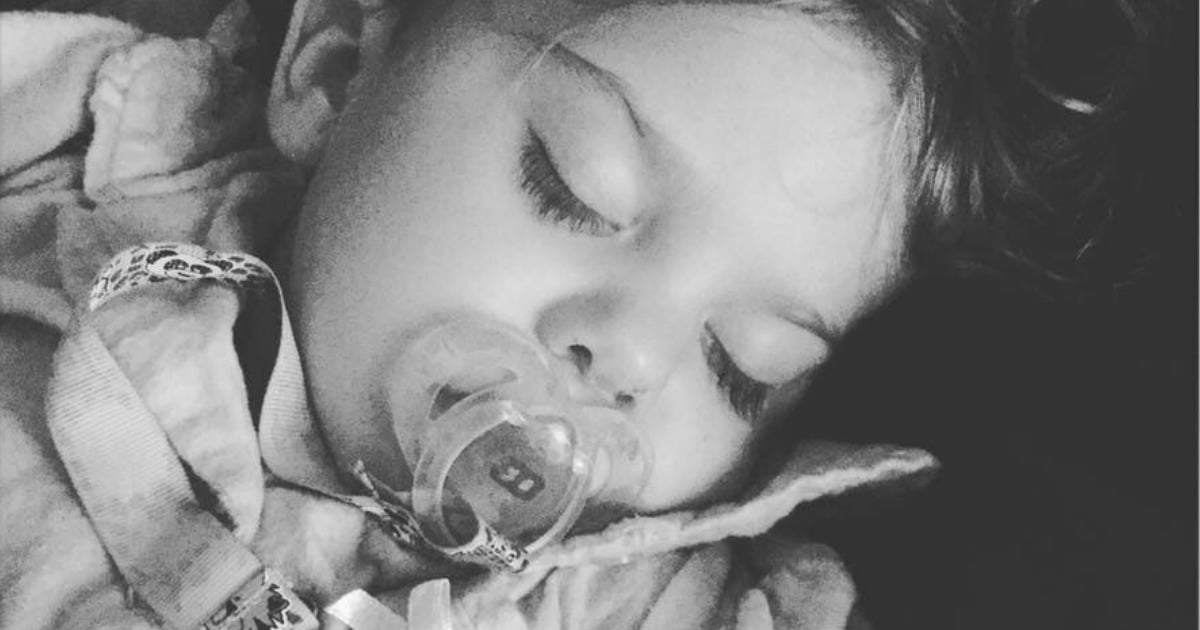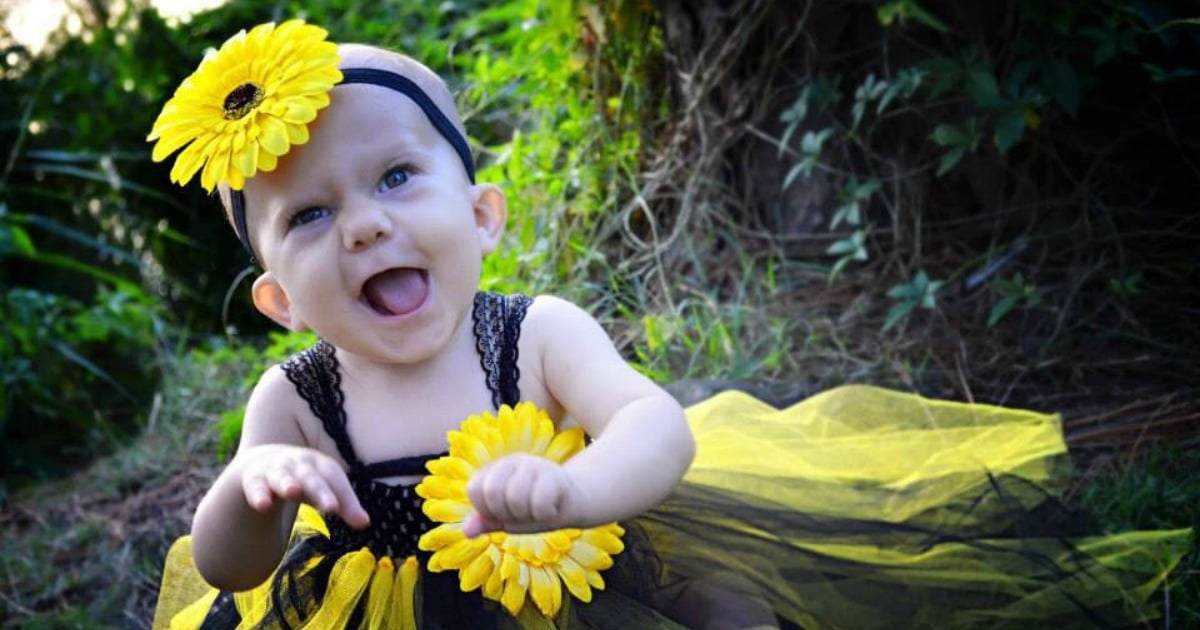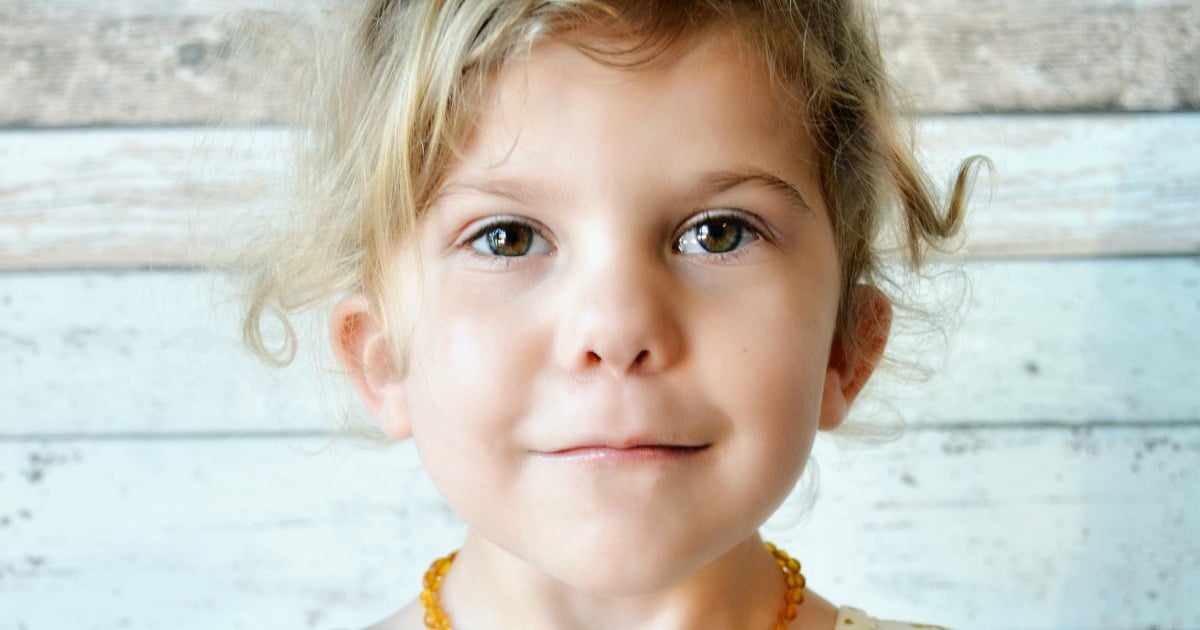Our little girl Bella was born on the 13th of June 2013, she was our fourth baby. Compared to my other pregnancies, this was a very different and difficult pregnancy with gestational diabetes, polyhydramnios. In the end I was induced due to reduced foetal movement.
Despite all this, she was truly a blessing and we couldn’t be happier to have our little girl. But our joy was short-lived, with complications starting before we even left hospital.
I always knew from birth something just wasn’t quite right with our very quiet, content bubba. She had a heart murmur, and the first sign was her nasal regurgitation and milk leaking from her nose when she breastfed.
Doctors constantly told me it was normal and that it would resolve itself eventually.





